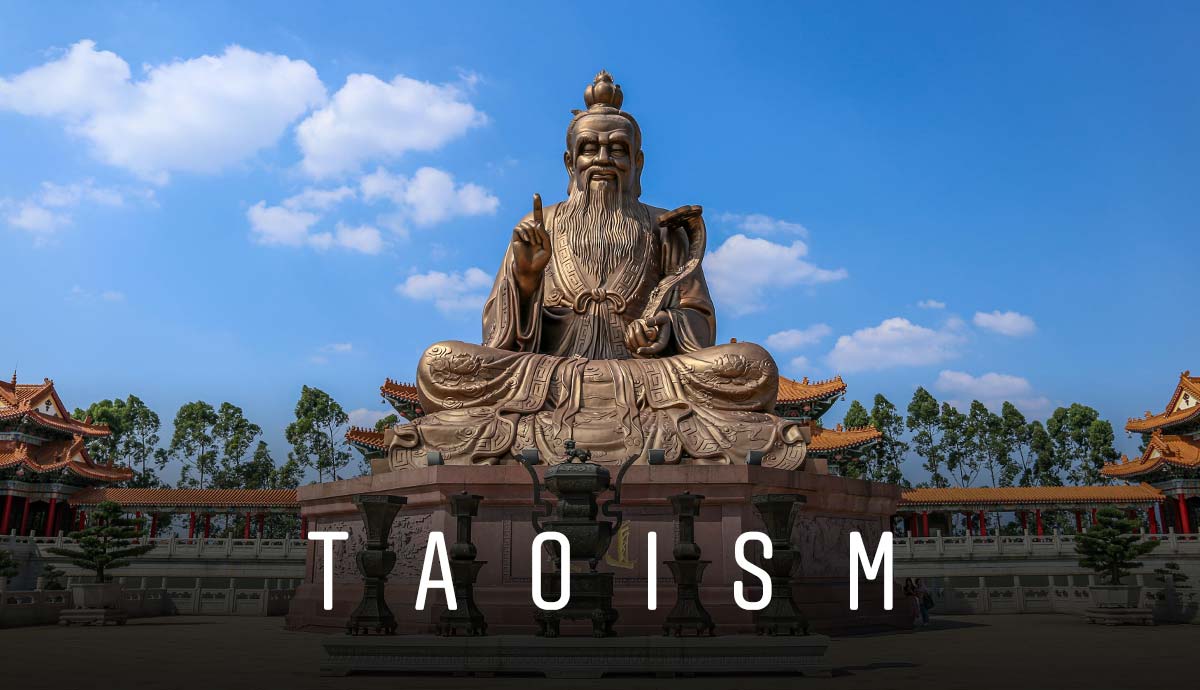
The struggle for control over every aspect of life is common in modern Western society. However, this approach can be juxtaposed with the ancient Chinese religious and philosophical ideas of Taoism. Taoism offers a guide for living a free-flowing life that is guided by the harmonious state of the universe. It perpetuates the belief that one does not need to disrupt this innate order but rather trust its outcomes with grace and humility.
Why should one consider the Taoist approach of “letting go”?
What Is Taoism?
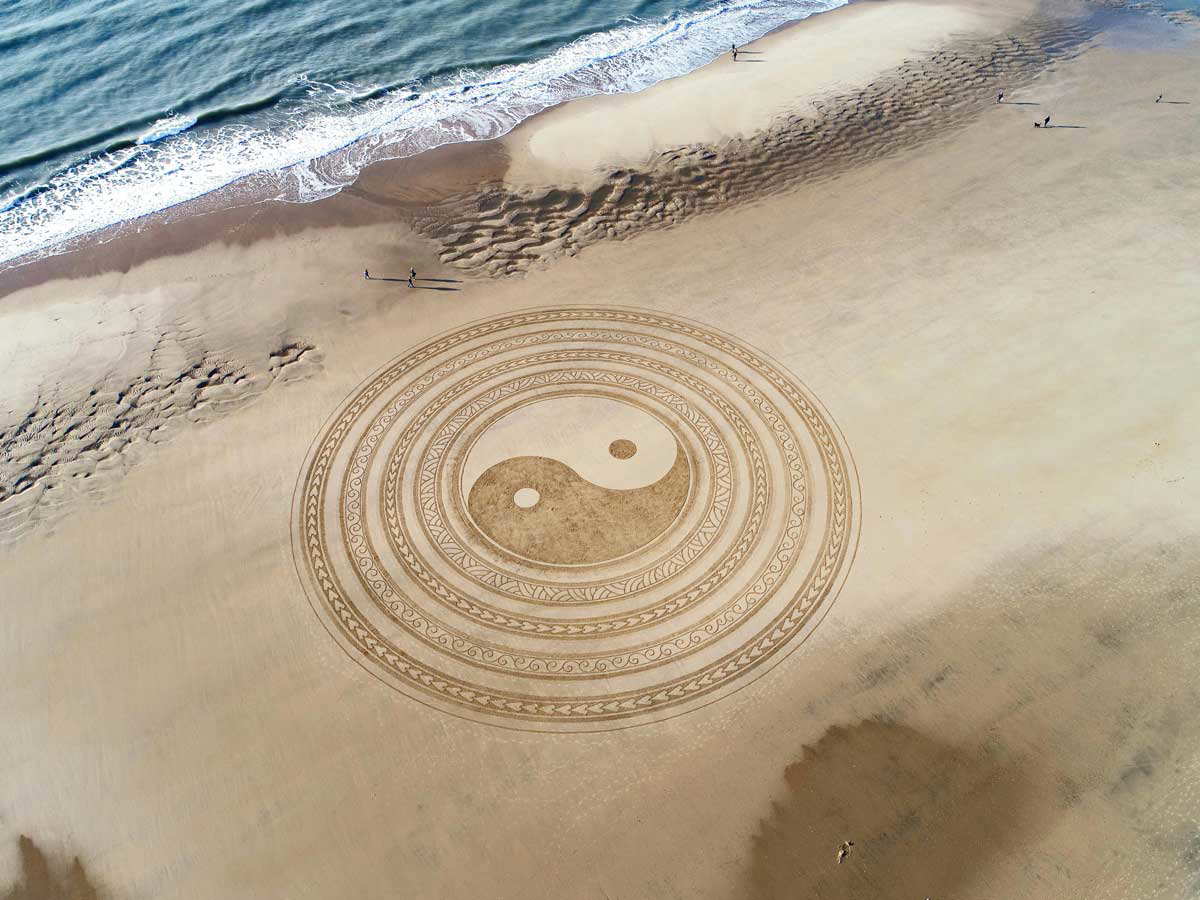
Taoism is not only a religious and philosophical perspective: it is a way of life. The word Tao translates to “the way” and is referred to within Taoism as the natural way of the universe. All beings live in harmony with the Tao and are called to not interfere with its divine order of nature in service of their desires. Instead, they must accept that the universe will provide for all because of its inherent order and balance.
Taoism is the origin of the well-known yin-yang symbol. The symbol represents the two opposing forces in the universe that cannot exist without each other. Not only this, but the universe itself cannot exist without these two forces. It demonstrates that even in darkness, there is light; in light, there is darkness. The symbol illustrates the inherently balanced state of the universe that Taoism accepts as a fundamental truth. Taoists believe that by following the Tao they will fulfill their purpose by living in harmony with the universe.
Lao Tzu: The Tao Te Ching
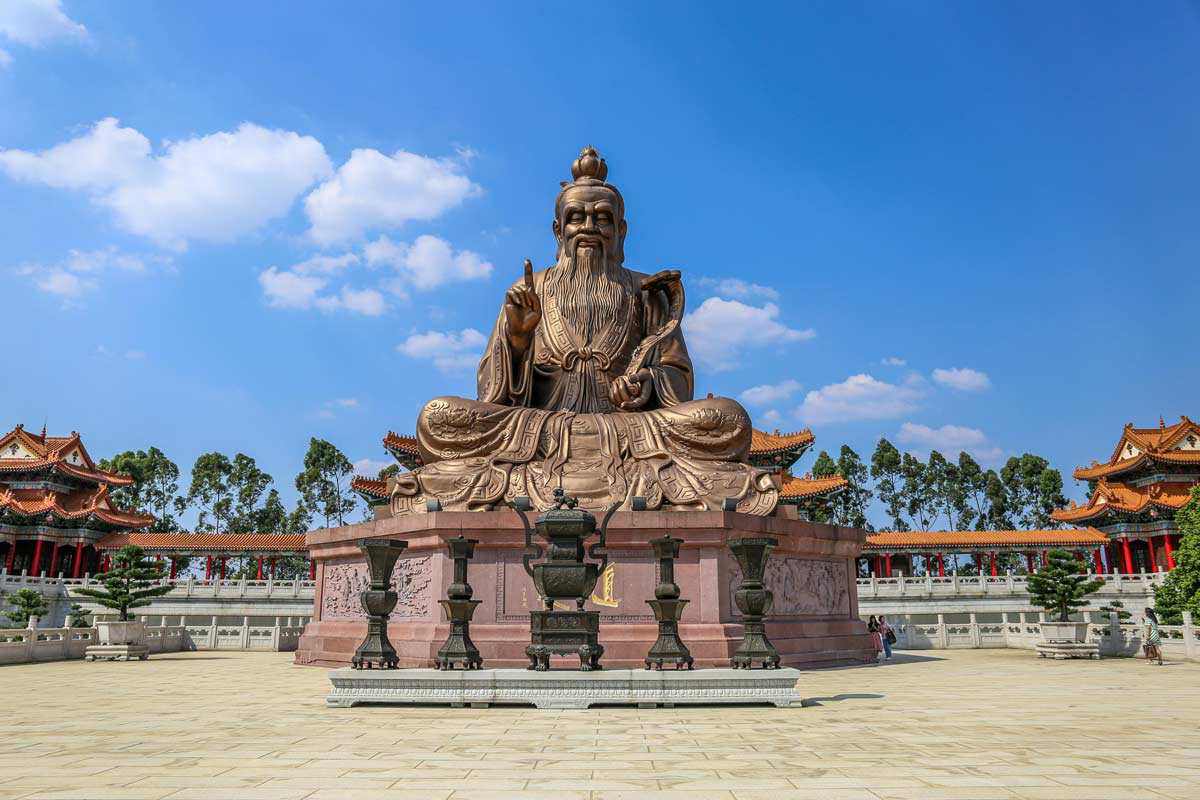
Lao Tzu was a Chinese philosopher who wrote the Tao Te Ching (The Path of Integrity) around the 4th century BCE. This famous book included the Taoist ideas that were emerging at the time. Although there has been debate as to the exact time it was written and even whether Lao Tzu was an actual person or not, the importance of its teachings remains unquestioned. You may be familiar with the content of this book without even knowing it, as the ideas are prevalent in popular culture. The original text has multiple English translations that have made this work accessible to those throughout modern Western society.
Although the Tao Te Ching is considered the foundational text of Taoism, it is important to note that Lao Tzu did not “invent” the Tao, as ownership cannot be attributed to it. Instead, the Tao simply exists. This distinction is notable because it signifies that the Tao is not a human creation.
In the Tao Te Ching, Lao Tzu recognizes that the Tao cannot be fully explained since it encapsulates everything. In chapter one, Lao Tzu mentions: “The Tao that can be told is not the eternal Tao.” The Tao’s ineffable nature is why it is so powerful and simultaneously challenging to comprehend. This is because the Tao is, by definition, beyond human comprehension. The goal of Taoism is not to understand the Tao. Instead, it is to live according to it through the lifestyle it promotes.
Wu-Wei: Non-Action
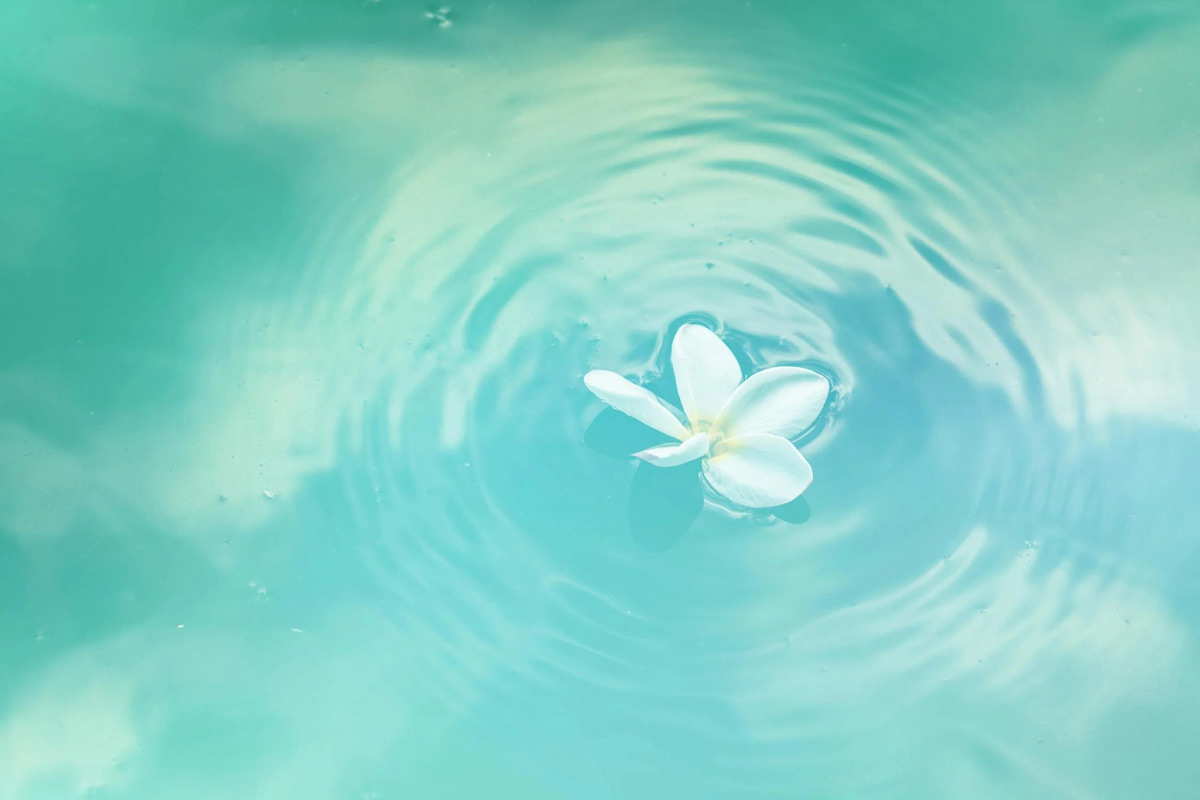
The philosophical perspective of Taoism may seem confusing but you may ask: How can someone live a life following something they cannot fully understand? This makes more sense when we consider the Taoist idea of Wu-Wei, which translates to effortless action or non-action. This concept instructs Taoists to always act in alignment with the universe rather than against it. Since the universe is inherently balanced and has a divine order, Taoists are called not to interfere with this order. By exerting too much effort, a person shows that they do not trust in this order and are trying to take control of it. Gaining control is unnecessary because the Tao will appropriately provide for all without human interference.
A common misunderstanding of Wu-Wei is that it encourages passivity. After all, non-action means not doing anything, right? Not exactly. Non-action refers to not committing an action that does not follow the Tao. Wu-Wei encourages people not to try too hard at any given endeavor as that would indicate going against the natural flow.
Essentially, Wu-Wei calls for us not to force anything that does not feel natural. If something we are working towards requires over-exertion, it is not meant to be pursued. The way that we act should come naturally to us.
Adaptability
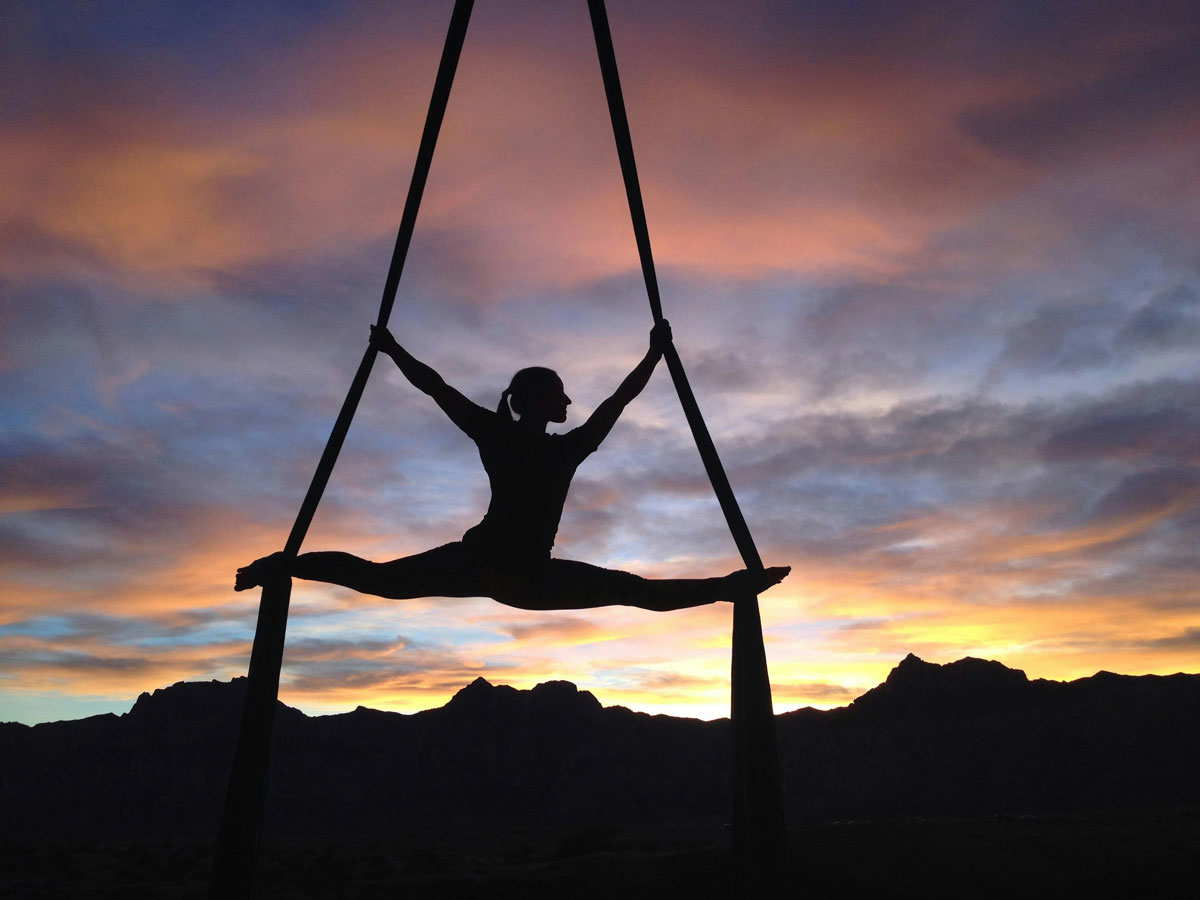
Could the concept of letting go advocated by Taoism through the practice of Wu-Wei, be implemented into the lives of those in a fast-paced modern Western society? Can you imagine implementing these ideas in your daily routine?
Consider this: Implementing Taoist ideas into your life can increase your adaptability. Instead of being frustrated by unforeseen circumstances that result in difficult situations, those who accept Taoism can adapt effortlessly. For example, working hard towards a goal and not achieving it can be understandably disappointing. Taoism allows its followers to adapt to these situations and trust the Tao’s plan.
By accepting their role as vessels of the universe, Taoists in today’s society can embrace unexpected events as new opportunities. The Tao is recognized as a creative force that does not always work in expected ways. Embracing Wu-Wei can help us navigate the natural flow of events no matter where they take us.
Mindfulness

Taoism’s teachings can also help people to be more mindful. Taoists live in the present moment because they do not grieve over the past or worry about the future. This is because they trust in the universe’s divine order. In other words, whatever happens will be what is supposed to happen. There is no need to worry about it. The principle of non-action reminds them not to act in opposition to this order. As a result, Taoists appreciate the present moment and live in harmony with the universe. Through Wu-Wei, people in modern society can more easily recognize and appreciate the gifts in their lives.
The ability to be present also allows Taoists to be patient. Today’s society encourages us to create timelines for goals and work tirelessly to achieve them quickly. The issue is that this often does not consider any uncontrollable outside factors. Through the Taoist perspective, one can understand the Tao has a plan for them that they can trust. Everything that is meant to happen for them will happen on the Tao’s timeline, not the one they created.
The Battle for Control
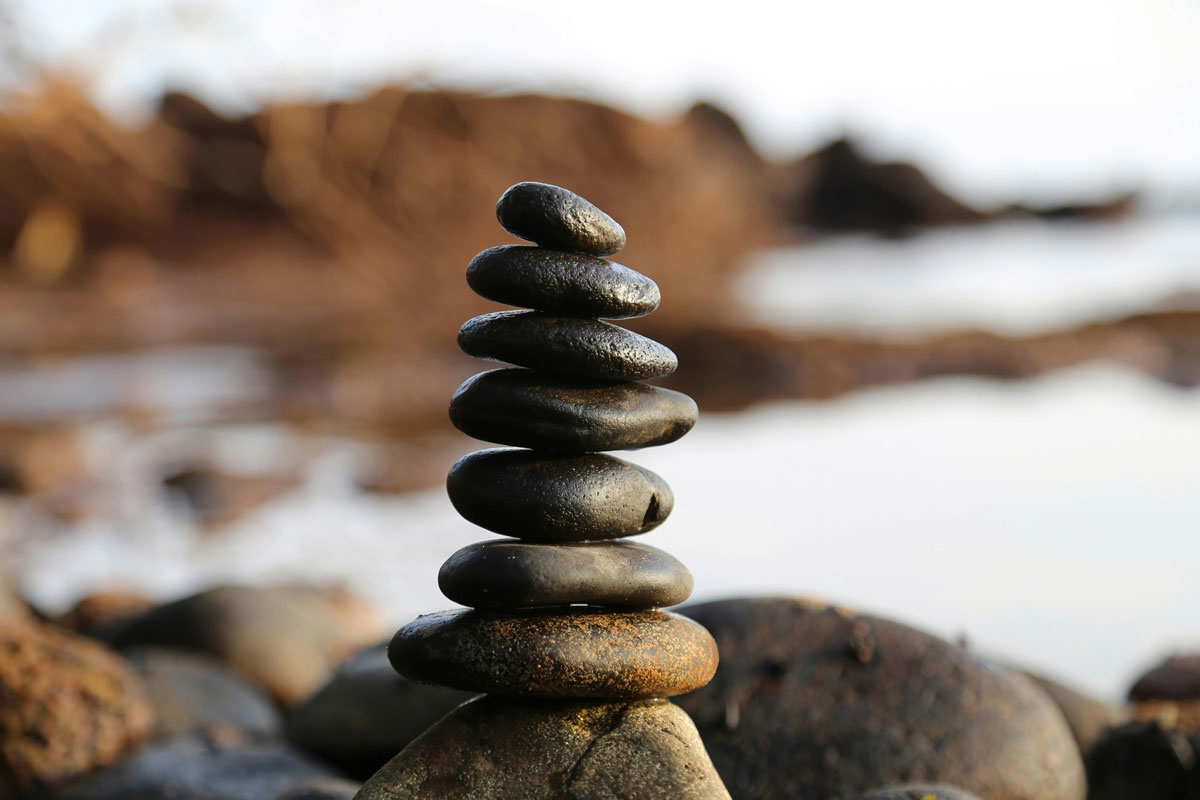
Taoism suggests that people should avoid trying to seize control of their lives as control cannot be attributed to any individual being. Instead, Taoists focus on living in harmony with the Tao. They can be at peace with their lives by accepting that they cannot control the universe’s path.
This may be one of the most challenging Taoist ideas for people in modern Western societies to reconcile. Our focus is often on controlling every aspect of our lives and the lives of those around us. This desire for control is understandable, as it is reasonable to want to reduce unfavorable circumstances as much as possible to achieve the desired result. However, obsessing over maintaining this control could have disastrous effects and may actually result in chaos, the complete opposite of control. For instance, in this pursuit of power, one might create new issues separate from the original ones they were trying to fix. This futile battle can be avoided by embracing Wu-Wei and not imposing our desires on the universe’s path.
The Pursuit of Possessions

Material pursuits are generally recognized as fruitless endeavors by Taoism. This type of pursuit is ubiquitous in today’s society. The capitalist lens through which we view the world makes people feel that the list of possessions they have ownership of is lacking. We are taught by society that by attaining more things we will feel more fulfilled. However, Taoism suggests that we can recognize that the constant pursuit of collecting possessions can never satisfy us.
This idea is summarized in chapter nine of the Tao Te Ching when Lao Tzu warns about the pitfalls of living in excess: “Better to stop short than to fill to the brim. Over-sharpen the blade, and it will not last long. Amass a store of gold and jade, and no one can protect it.” In other words, material pursuits are nothing more than an attempt to fill a bottomless void. This endless pursuit can be avoided by implementing Wu-Wei into one’s life.
In Taoism, limitations can open up new possibilities. Moving toward “what is next” makes people feel like they are progressing when, in reality, it keeps them longing for more. The modern concept of how to live a fulfilling life is complex and ever-changing. There is a desire to impress others, advance one’s status, and acquire more possessions. Balancing and satisfying all of these desires is not only impossible but ultimately purposeless. Even if it were possible to fulfill all these desires, it would not result in a fulfilling life. Alternatively, through Wu-Wei, one can live in harmony with the Tao.
Pu: The Uncarved Block
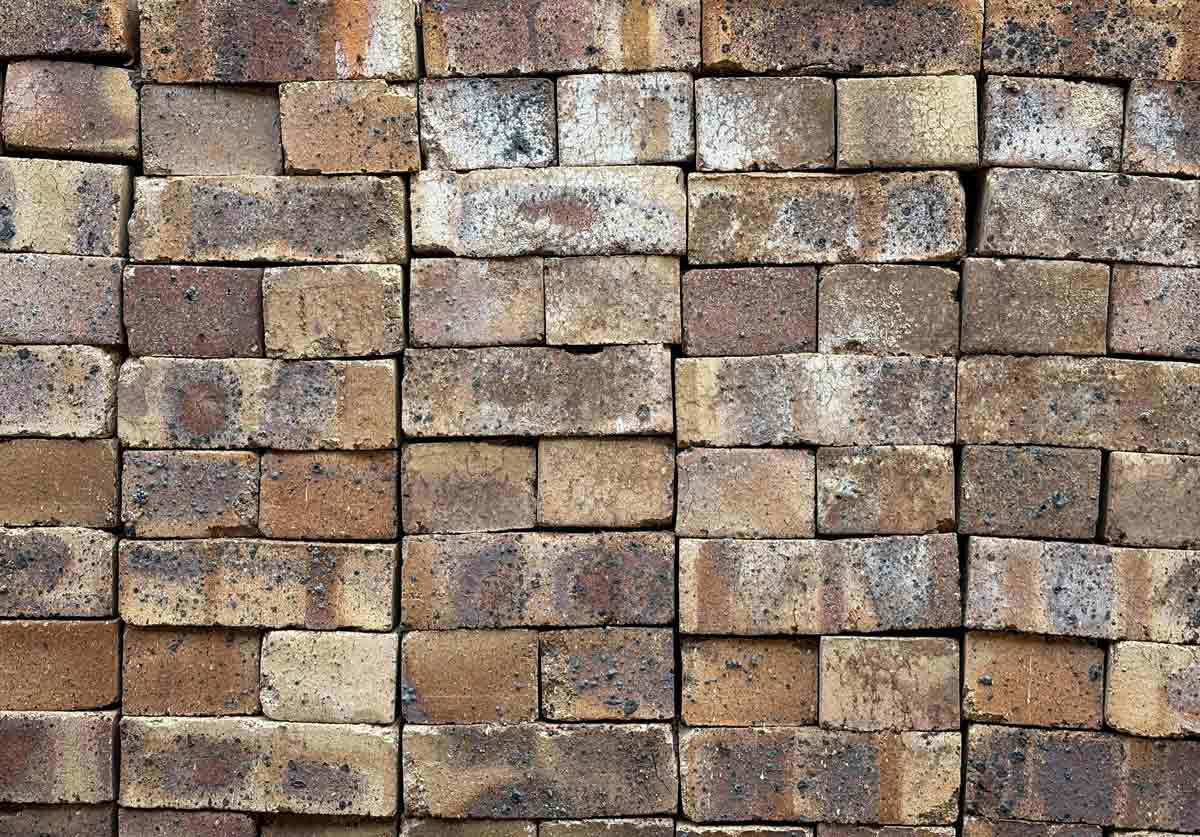
The Tao Te Ching advocates for simplifying one’s life in chapter 28 by instructing Taoists to “return to the state of the uncarved block.” Taoism refers to this idea as “Pu.” This insinuates that every human was once an uncarved block, shaped only by society’s standards and norms.
Taoists strive to return to the original state they had before they were influenced to conform to society’s standards. Taoists believe this is the most authentic and natural state. The concept of Pu may be challenging to understand because we are so far removed from this natural state in today’s modern society.
Wu-Wei allows access to the state of the uncarved block. This pursuit is worthwhile, especially in the modern world, because it enables us to shed life’s complexities and focus on merely living. It counters overthinking, which is the enemy of living in the moment.
Freedom

The ancient ideas of Taoism are not only interesting to ponder but have practical applications that can improve mental well-being. In an age darkened by fear of failure and full of self-doubt, the Tao encourages people to believe simply that their existence is enough. The ability to put all of the stresses of the uncertainty of the future and live in the now offers a level of freedom unfamiliar to us.
The ego constantly requests our servitude and is never satisfied. It is when we refuse its demands and instead serve the universe by living in accordance with it that we live a truly fulfilling life.